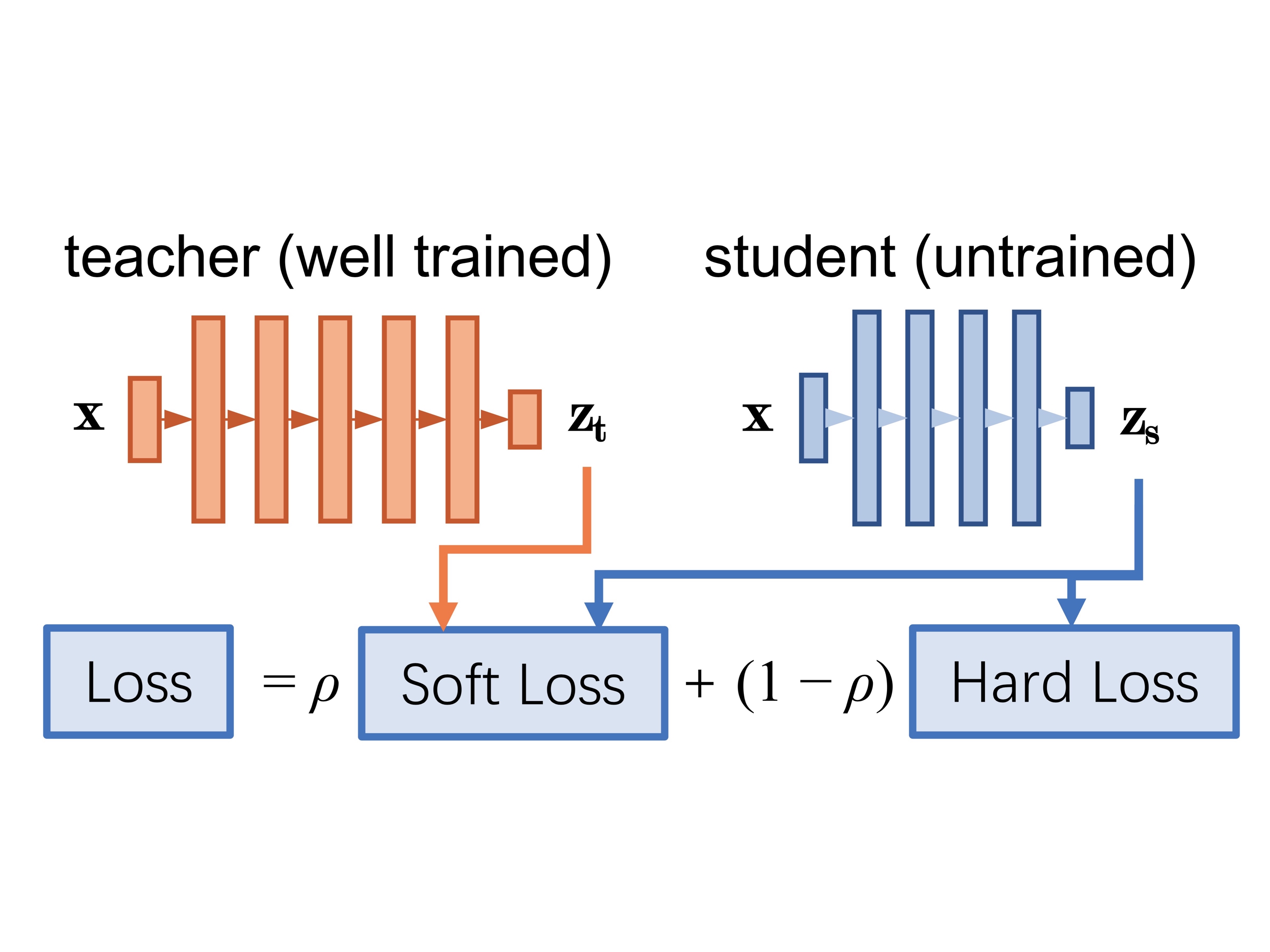|
I am a master student of Data Science program in ETH Zürich in Switzerland, where I am working with Hermann Blum and Francis Engelmann at the Computer Vision & Geometry Group at ETH Zurich on 3D vision and video understanding. My research interests lie in the intersection of 2D and 3D computer vision with an emphasis on robotic perception. Previously, I obtained my Bachelor's Degree in Phycis from Peking University where I closely worked with Prof. Zhanxing Zhu. |

|
|
|

|
Guangda Ji. On going master thesis supervised by Hermann Blum (Univ Bonn and ETHz) and Francis Engelmann (Stanford and ETHz). Stay tuned :) ! See here for a short video demo! The goal of this research is to detect moving object relative to the static background and possibly the deforming objects, from purely RGB videos. |

|
Guangda Ji, Silvan Weder, Francis Engelmann, Marc Pollefeys, Hermann Blum. Arxiv preprint, 2024 website | code | paper pdf | arxiv | dataset | ScanNet and ScanNet200 benchmark We apply LabelMaker automatic annotation pipeline to ARKitScenes dataset and construct a large 3D indoor semantic segmentaiton dataset. Using this dataset and Point Transformer V3, we achieve state-of-the-art performance on ScanNet and ScanNet200 benchmark. |

|
Guangda Ji, Zhanxing Zhu. Conference on Neural Information Processing Systems (NeurIPS), 2020 paper pdf | arxiv | poster | slides and recording Theoretical analysis of knowledge distillation using neural tangent kernel (NTK). |
|
|

|
Guangda Ji. Semester thesis in 2023 supervised by Silvan Weder. report pdf | codebase In this project, I proposed a pipeline that fuses 2D instance segmentation into 3D. It first oversegments the 3D scene into pieces and merges them with a graph-connecting algorithm. This pipeline is designed to solve the route dependency issue of PannopticFusion. |

|
Guangda Ji, Minxuan Qin, Xuan'ang Lei. Course team project of Foundations of Reinforcement Learning, 2023 report pdf | codebase This project aims to apply Adaptive Mechanism Design (AMD), a multi-agent reinforcement learning algorithm to two complex Sequential Social Dilemma environment, Wolfpack and Gathering. We implement AMD in ray.rllib and the open
source realization of Wolfpack and gathering.
|
|
Source code of this website. Template adapted from this awesome website |